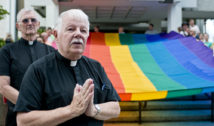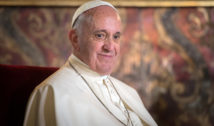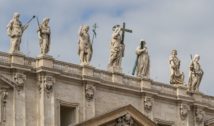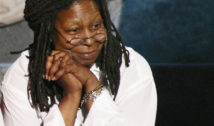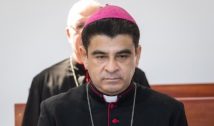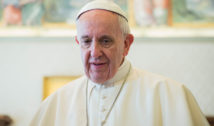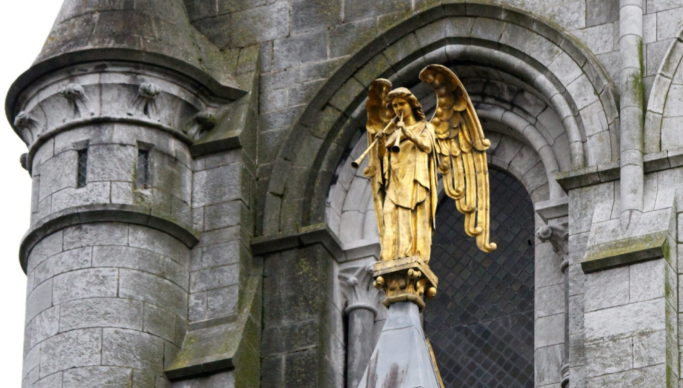
Experts Attribute Decline in Individuals Identifying as Catholic in Ireland to Change in Census Question, Highlighting Diversification
- By Charlotte Odenson --
- 28 Jun 2023 --
The latest population census in Ireland shows that the religious landscape is becoming more diverse, but a significant shift in the number of individuals identifying as Catholic—a key indicator of the societal change—might be attributed to modifications made to the census question.
That is the view of several observers, including the Archbishop of Dublin, Dermot Farrell. Ireland’s Central Statistics Office, Farrell told The Pillar, a media project with a Catholic focus, that there has been a significant change in the structure of the question between the two census forms since the last census in 2016.
Consequently, according to Farrell, making direct comparisons poses challenges.
According to the 2022 census results, released May 30, individuals who identified as Roman Catholic accounted for 69 percent of respondents, a 10-percent decrease from 79 percent in 2016.
In the 2016 census form, the question posed was “What is your religion?” with “Roman Catholic” listed as the initial choice and “No religion” as the final option.
In the 2022 form, the question asked was “What is your religion, if any?” The question placed “No religion” as the primary option, followed by “Roman Catholic.”
“Commentators suggest that the inclusion of ‘if any’ in the question and putting ‘no religion’ as the first option will have ‘nudged’ people to answer in a particular way, making comparisons with previous years practically meaningless,” noted a June 7 article in Irish Central, a New York City-based news source that claims a global Irish diaspora readership of 109 million.
The alteration in the wording of the religion question was also emphasized by David Quinn, director of The Iona Institute for Religion and Society, a Dublin-based Catholic organization that focuses on marriage and religion in society.
Although Quinn acknowledged Ireland is rapidly secularizing and that “a lot of non-Catholic migrants have come into the country in recent years,” the change in the census question, he proposed, “has to have made a difference, otherwise why do it?”
According to Stephen Bullivant, a professor of theology and the sociology of religion at St. Mary’s University in London, there is a peculiar sensitivity in religious survey questions toward changes in wording.
Depending on the phrasing of the question, a certain percentage of individuals “can be nudged to genuinely answer, sincerely, one way or another,” Bullivant explained in a May 30 Twitter message. “Trouble is, we have no way or knowing how much of change is due to the change in wording.”
The count of individuals choosing the “no religion” category increased from 451,941 in 2016 to 736,210 in 2022, representing 14 percent of Ireland’s population.
Farrell, who assumed the role of Archbishop of Dublin in 2021, noted the significance of a less than 5-percent decrease in the total number of people identified as Roman Catholic. That pertains to the new figure reported for the overall Catholic population in Ireland. According to the census, there were 3,515,861 Catholics in 2022, a decline of 180,783 or 4.9 percent compared with the 3,696,644 recorded in 2016.
The decline of 10 percent in the proportion of individuals identifying as Catholics, along with the 5-percent decrease in the total number of Catholics, can be attributed in part to the overall population growth resulting from immigration between 2016 and 2022. Although the number of Catholics is consistently decreasing, they now constitute a smaller percentage of the total population.
“It is right that we should acknowledge, and indeed celebrate, the cultural benefits of a more diverse population as a result of the striking increase in immigration which has driven the significant increase in total population,” the May 31 article in The Pillar quoted Farrell as saying.
“The Roman Catholic population itself is reflecting and benefiting from a greater diversity of ethnic and national background,” the archbishop said. “As the region experiencing the greatest impact of immigration, it is not surprising that Dublin would report the greatest degree of religious diversity.”












